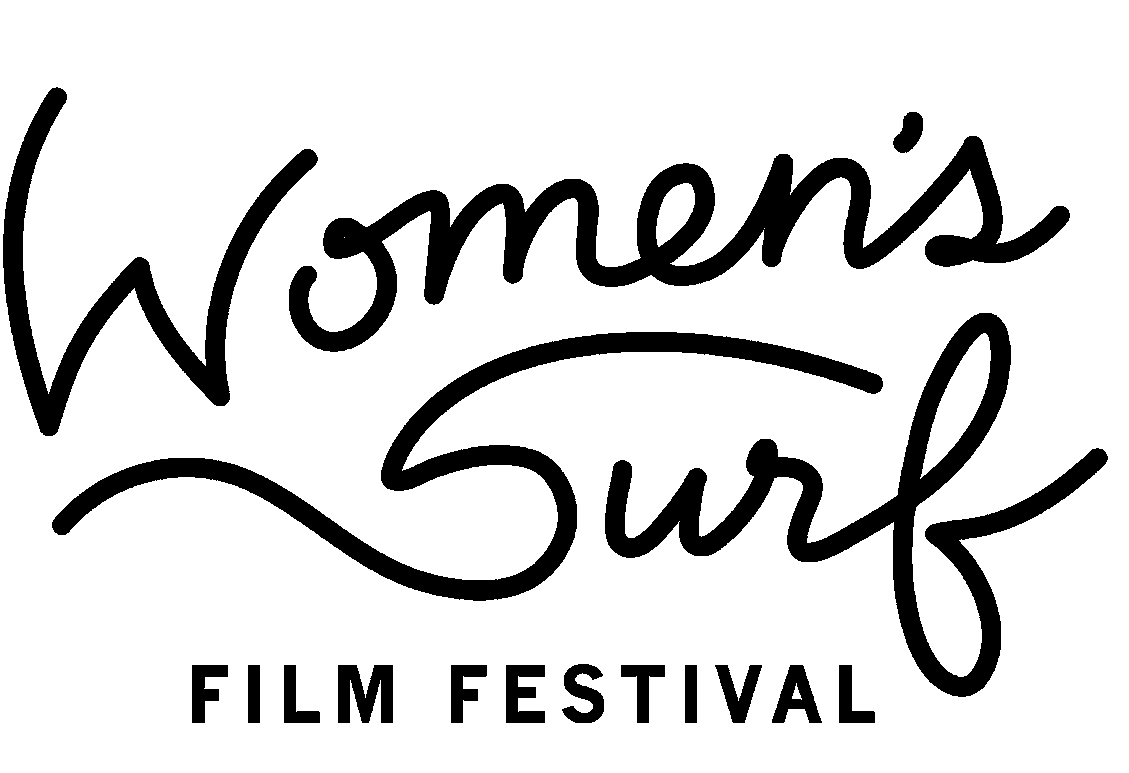Meet the Filmmaker Chelsea Jolly
Raised in the mountains of the Pacific Northwest, Chelsea Jolly is an award-winning documentary filmmaker and producer with a passion for exploring the interconnectedness of the natural world. With over 8 years of experience in the film industry and a background in applied linguistics and conflict resolution, Chelsea brings a unique perspective to impactful communication. Dedicated to promoting inclusivity, she aims to amplify voices that have been historically excluded. Chelsea believes in the transformative power of filmmaking as a catalyst for environmental and social activism, fostering closer connections between people and their planet. She is the director of With the Tide: A Yakutat Surf Club Story.
Where did you grow up and where do you call home now?
I grew up in Bend, Oregon and have recently moved back to my home state. Currently based in Corvallis, Oregon.
How did you get started in the surf film industry?
Although I have surfed since I was young and shot on projects that include surfing, I am very new to the surf film industry. I got started out of a desire to explore stories around more of the positive social and behavioral health impacts surfing can facilitate.
What’s different about directing a surf film than a more mainstream film?
The people. It’s hard to describe what the ocean means to me, but when I’m around folks who share that same ineffable connection and value for water, it’s a more synergistic space to work in. It’s easier to empathize with what the subjects are going through and feel comfortable in the environment we’re navigating even if it’s new to me, because we have that common language in the water.
What inspired you to make With the Tide?
I often pursue stories that explore how we assign value to the natural world and each other. I think the story of healing and the powerful role water can play in that is an important one. There’s a personal thread in this project in the ways that the ocean has helped me cope with different adversities I’ve faced throughout my life. I felt the Yakutat Surf Club story presented an opportunity to expand the conversation around these topics and what access looks like to those spaces of empowerment and healing. I seldom meet a surfer who says surfing didn’t save their life in some way. It’s a story I’d tell a thousand times over if I had the budget.
How did you come to meet the surfers in the film?
I was asked to join a small team of surfer and filmmaker friends to explore this project back in 2019. Sashwa Burrous and Colin Arisman had a connection to Ryan Cortes in Juneau, who had been surfing in Yakutat for a number of years and was looking to give back to the community. Ryan is also a filmmaker and had hopes of documenting that process with a bit of support on the camp development side as well. During that first trip I fell in love with the landscape and the youth we met, it was easy to commit to telling their story and helping them learn to surf.
What do you hope the audience takes away from the film?
I would hope an audience would come away with a more vulnerable reflection on why they go outside and what freedom of movement means to them. To encourage folks to look differently at the ways that they might help facilitate access to their favorite spaces for others, expanding a more welcoming community in the ocean and outdoors in general.
The Yakutat Surf Club has been getting some more well-deserved attention and recognition lately. During filming, did you collaborate with any other publications or filmmakers to try to spread their story or was this before people really knew about the club?
When we started working on this doc back in 2019, Yakutat Surf Club wasn’t much more than something we would all shout as we pulled up to the beach helping the first couple kids carry boards to the water. Given the subject matter, we wanted to prioritize developing genuine relationships with the community and telling an authentic story. With Covid in the middle of production it definitely prolonged that process, but I’m glad we took our time. There haven’t been many offers for collaboration, however I’m happy to see the Club gaining attention and other folks out there inspired to tell the same story as the camp has become more established. I really hope it all comes back to benefit the community in the long run. We did at one point have a good experience with a writer from Patagonia who wanted to celebrate the club and include our team in the process. Since then, that same writer has come back to volunteer at the camps and continues mentoring the kids in their surfing.
Where can we learn more about you and your work?
You can explore Chelsea’s work on Instagram @chelcijolli


